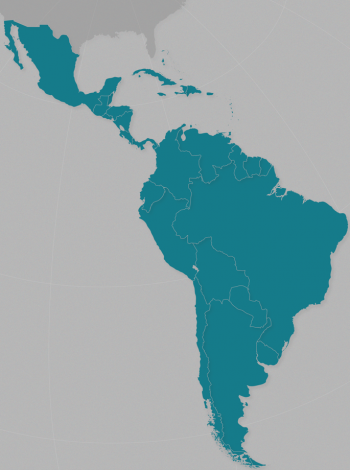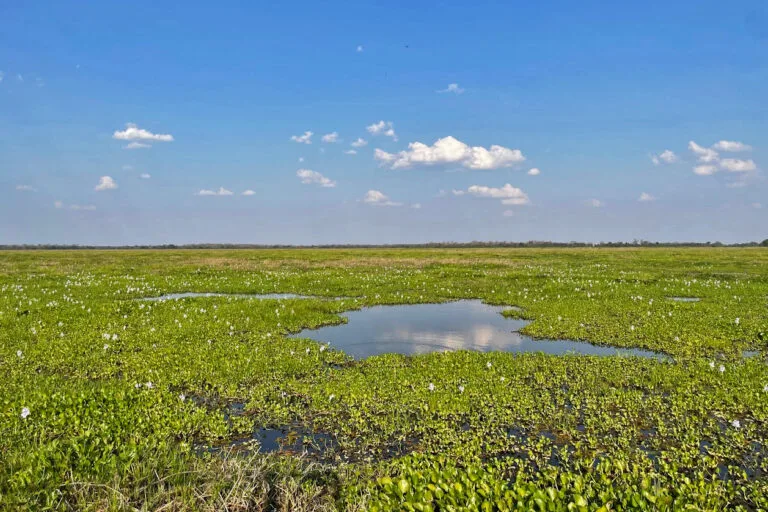- The Brazilian Congress is analyzing a bill that would leave all the country’s non-forestry vegetation unprotected, affecting an area twice the size of the United Kingdom.
- Behind the proposal are the interests of economic sectors such as agribusiness and real estate companies.
- The most affected biome would be the Pantanal wetlands, a Natural World Heritage Site known for its highly biodiverse grasslands and flooded fields.
A bill framed to benefit a particular group of rural producers was morphed into a drastic change to the Brazilian Forest Code with the potential of destroying 48 million hectares (118.6 million acres) — an area twice the size of the United Kingdom — of native vegetation all over the country. If approved, the legislation (called PL 364/2019) will allow the conversion of all non-forestry areas for activities such as agriculture, cattle ranching and tree plantations.
The bill, approved March 20 by a lower house commission, was initially proposed in 2019 by the ruralist federal deputy Alceu Moreira (MDB). It was framed to benefit farmers from a specific region of Rio Grande do Sul, Brazil’s southernmost state, who occupy mountaintop fields of the Atlantic Forest and want the region to be excluded from the more restricted environmental framework of the Atlantic Forest Law.
But the supercharged ruralist caucus, which has been piling up victories during President Luiz Inácio Lula da Silva’s administration, managed to twist the bill so that all “formations of predominantly non-forest native vegetation” would be considered areas of “human occupation” and therefore, open to exploitation. The only requirement is that the land had been used for any rural activity at some point before July 2008.
According to the federal deputy who proposed the change, José Mário Schreiner (MDB), the measure would “standardize understandings and avoid misinterpretations, providing legal certainty and peace of mind for producers.”
The strategy of introducing controversial legislative changes into somewhat-related bills is so common in Brazil that it even has a name: jabuticaba, a native Brazil blackberry.



